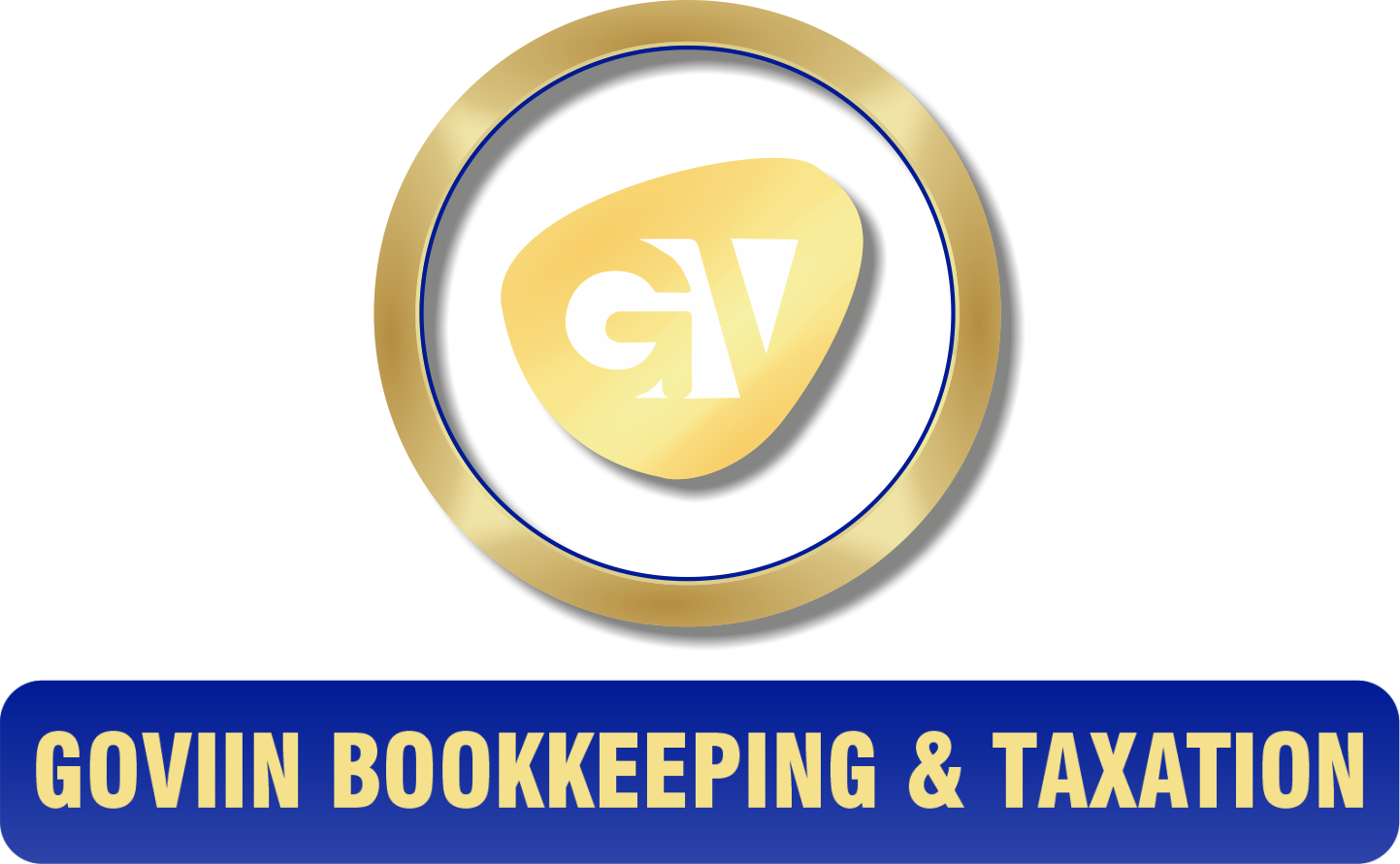If it is one thing the UAE is known for, is its lifestyle and taxation policies in the country. Business firms are now taking advantage of this and are flourishing. However, there are a few different types of taxes that are still important and which are needed to be paid by a business or individual. Read on further to find out the various kinds of taxes available that are applied to goods and services and the tax percentage that you may need to pay.
The UAE government provides a lot of facilities and infrastructures to its citizens to provide a great standard of living to all its citizens. In the UAE, there is no direct income tax charged on the citizens residing in the country.
So, let us take a closer look into the other kinds of taxes available:
- VALUE ADDED TAX (VAT)-
Value Added Tax, or in simple terms called VAT, is one of the most important taxes in the UAE which was introduced on January 1st, 2018. It is an indirect tax to be paid by consumers for all the goods and services and is levied at each stage of the supply chain. The VAT is charged at a rate of 5%. Our tax agents and experts can help registered businesses collect VAT and submit it to the Federal Tax Authority (FTA), a regulatory body that is responsible for implementing VAT and other important taxes in the UAE. You can also apply for rebates and refunds every quarter. Please contact us about the applicability, implementation, and any other obligations related to VAT to your business.
- EXCISE TAX-
This type of indirect tax is levied on specific goods and products that are harmful to the health of people or the environment. The UAE Government first introduced the excise tax in 2017 and it is applied to products such as tobacco, alcohol, carbonated drinks, and electronic smoking devices and tools. The tax percentage charged for all the products mentioned is 100% except for carbonated products which are 50%.
- CORPORATE TAX-
At present, this type of tax only applies to specific companies and industries in the UAE like foreign banks and oil companies. Each emirate has its corporate tax amount to be collected. Businesses registered in the free zones do not have to pay corporate tax for a certain time. You can get in touch with our tax experts to understand this much better.
- DOUBLE TAXATION-
The UAE has around ninety-four agreements with other nations for the reason of avoiding double taxation on an investment done overseas. This is done to promote the UAE’s development goals and work towards diversifying its source of national income.
- TOURISM TAXES-
Tourists in the country have to pay a tax while staying in hotels, apartments, and restaurants like around ten percent on room rates, service charges, municipality fees, and so on. The Tourism Dirham Fee in Dubai was introduced in 2014 by the hotel and charges per night. For a two- or three-star hotel the charges are around AED 10, if it is a four-star hotel, it is around AED 15, and if it is a five-star hotel around AED 20.
- CUSTOM DUTY TAXES-
This tax is imposed on imports and exports (sometimes) of goods. The tax rate is 5% but for alcohol, it is 50% and for cigarettes, it is 100%. The custom duty tax is calculated based on cost, insurance, and freight (CIF) value. Certain items are banned to import inside the country like pirated content and other gambling tools.
If you need more information on the taxation policies , reach out to our friendly experts today!


